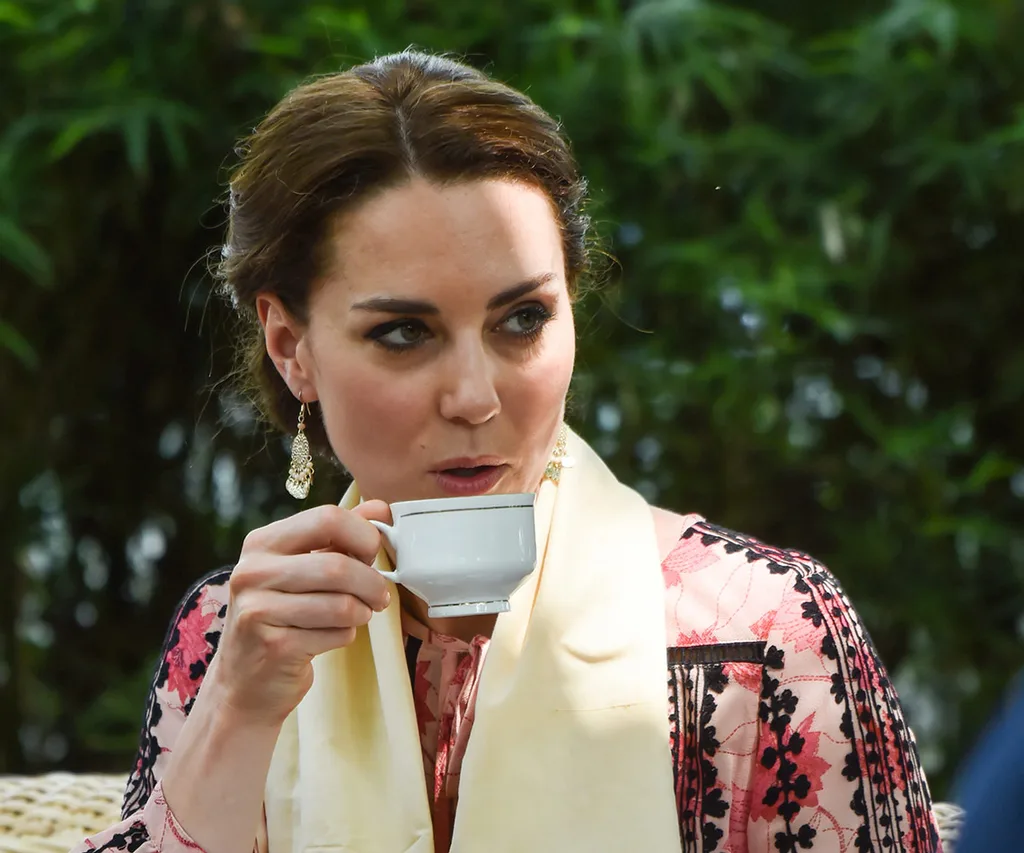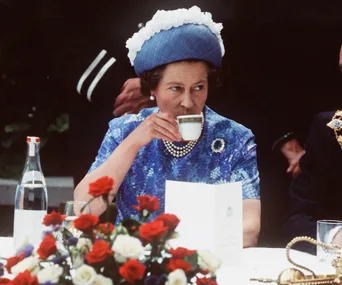While most of us know that soft drinks and alcohol are packed full of sugars and empty kilojoules, many don’t realise that coffee – even if made with low-fat milk – can seriously contribute to the cause of one’s inability to shake those stubborn, extra kilos.
Of course, we could tell you to stop drinking the elixir of life altogether (don’t make us laugh), but we all know that coffee in Australia is an institution.
Yep. It’s no longer just a mug of instant grains with hot water and a splash of milk, but in some circles, roast is as revered as wine, with the same amount of snobbery attached to the brand of coffee bean as there is to a type of grape.

Caffeine can actually help tackle obesity by suppressing appetite and increasing energy expenditure.
(Image: Getty)Business deals, blind dates, make-ups and break-ups, hanging out with friends — all of these coffee shop meetings take place with a hot cup of Joe as the mediator. For some, until they get their first caffeine hit, the brain refuses to function (guilty!).
And while we love to guzzle the brew as much as the next person, it’s important to consider just how much you’re really drinking, particularly if you’re trying to lose weight.
Size matters
Coffee shops everywhere offer various cup sizes, and these days it’s not uncommon to see people walking around with vessels more reminiscent of a bucket than a cup.
While the Italians may drink a short black espresso at the start of the day, our global exploitation of this zero kilojoule heart-starter is a large or extra-large latte or cappuccino.
Coffee should never replace a meal
The world knows coffee to be an appetite suppressant, and while it may ring true that many people substitute a large coffee for a meal, skipping lunch for a latte is certainly no substitute for a healthy life (or healthy weight loss, for that matter).
Coffee should complement a balanced diet rich in fresh fruits and vegetables, whole grains, lean meats, fish and poultry, and good fats, not make up the entire bottom tier of the food chain.

Coffee should never replace a meal.
(Image: Pexels)Look at how you have our coffee
Here’s looking at you, weak, soy, vanilla latte with two sugars drinkers…
“Adding sugar and flavoured syrups to coffee certainly doesn’t add additional health benefits and is not recommended,” says nutritional medicine practitioner, Fiona Tuck, who recommends opting for minimally processed milk of the whole, full-fat variety.
“The fats from the milk help with satiety, keeping you feeling more satisfied for longer.”
So, how much coffee should we really be drinking?
While each and every coffee-drinker will have their own perceptions of what is a normal and healthy amount (four-a-day seems adequate…right?) experts agree that we should only be consuming as many cups as our hands can hold.
“I recommend 1-2 cups of coffee per day for most people,” says naturopath and holistic nutritionist Erika Morvay at Fusion Health.
Frequently asked questions
Does coffee make you lose weight?
In the short term, caffeine can boost your metabolic rate and increase fat burning. However, as your body becomes more tolerant to caffeine, this stops working.
What is the best food to burn fat?
Fatty fish, coffee, eggs, green tea, whey protein, apple cider vinegar, chili peppers.
What are the disadvantages of drinking coffee?
Anxiety, insomnia, digestive issues, muscle breakdown, addiction, high blood pressure, fatigue.



